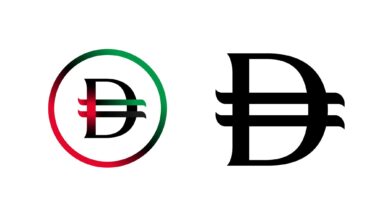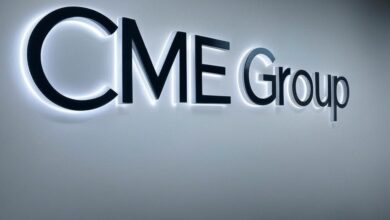Major Victory for Ethereum Developers as SEC Closes Investigation into Ethereum 2.0

In a significant milestone for the Ethereum community and the broader blockchain industry, the Enforcement Division of the U.S. Securities and Exchange Commission (SEC) has decided to close its investigation into Ethereum 2.0. This decision marks a crucial victory for Ethereum developers, technology providers, and industry participants, reinforcing the stance that ether (ETH) is not a security.
SEC Investigation Closure
The SEC’s decision to close the investigation into Ethereum 2.0 signifies that the agency will not pursue charges alleging that sales of ETH constitute securities transactions. This development follows a letter sent by ConsenSys on June 7, which requested the SEC to confirm that the May ETH Exchange-Traded Fund (ETF) approvals—based on the classification of ETH as a commodity—would result in the closure of the Ethereum 2.0 investigation. You can read the letter from SEC here
ConsenSys’ Legal Action Against the SEC
Back in April, ConsenSys took legal action against the SEC to safeguard Ethereum’s status as a dynamic platform fueling numerous web3 advancements. The lawsuit contends that the SEC’s efforts to regulate ether, the cryptocurrency powering the Ethereum network, constitute overreach and threaten innovation.
Joe Lubin, Co-founder of Ethereum and CEO of ConsenSys, emphasizes the importance of preserving Ethereum’s accessibility for developers, market participants, and institutions. He asserts that the SEC’s attempt to regulate ether, which has been acknowledged as a commodity rather than a security, is unwarranted and jeopardizes regulatory certainty essential for web3 technologies.
The lawsuit seeks to establish that the SEC lacks the jurisdiction to regulate ether and Ethereum-based interfaces. It argues that ether, while tradable as a commodity, is also integral to non-financial applications across various sectors. Additionally, the lawsuit challenges the classification of software developers creating user-controlled tools as securities brokers, which could hinder web3 development.
Significance of the Decision
The SEC’s closure of the investigation is momentous for several reasons:
- Validation of ETH as a Commodity: The decision reaffirms that ether is considered a commodity rather than a security. This aligns with the Commodity Futures Trading Commission’s (CFTC) stance and provides clarity for the market and developers.
- Boost for Ethereum Development: By removing the threat of potential securities charges, the SEC’s decision allows Ethereum developers and technology providers to focus on innovation and growth without the looming uncertainty of regulatory actions.
- Impact on the Blockchain Industry: This resolution is a positive signal for the entire blockchain ecosystem, potentially encouraging further investment and development within the industry.
Ongoing Challenges for the Blockchain Community
Despite this significant victory, the battle is far from over for many blockchain developers and industry participants. The closure of the Ethereum 2.0 investigation does not address the broader issues related to the SEC’s aggressive and, according to critics, unlawful enforcement regime targeting the crypto industry. Many in the blockchain community continue to face regulatory challenges that could stifle innovation and development.
ConsenSys’ Perspective
ConsenSys, a leading blockchain software company, views the SEC’s decision as a major win but remains vigilant about ongoing regulatory pressures. The company emphasizes the need for a clear and fair regulatory framework that supports technological advancement and economic growth without imposing undue constraints on the industry.
The SEC’s closure of its investigation into Ethereum 2.0 is a landmark event that brings relief and optimism to the Ethereum community and the broader blockchain industry. However, the need for continued advocacy and dialogue with regulators remains critical to ensure a balanced approach that fosters innovation while protecting investors and the market’s integrity.





